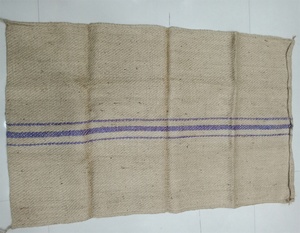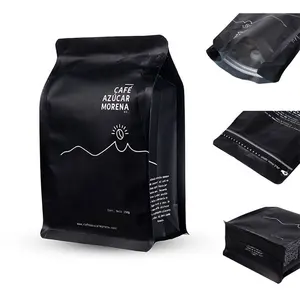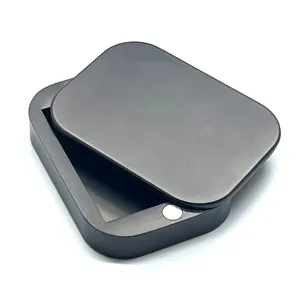Popular in your industry












































































































































Top categories
About jute sacs
Jute Sacs: An Eco-Friendly Packaging Solution
Jute sacs, a sustainable and versatile packaging option, are gaining popularity in various industries. These sacs, crafted from natural jute fibers, are not only sturdy but also environmentally friendly. They serve a multitude of purposes, ranging from shopping bags to agricultural product containers. This introduction delves into the world of jute sacs, exploring their types, applications, features, and materials.
Types and Applications of Jute Sacs
The diversity of jute sacs is evident in their applications. They are commonly used as shopping bags, offering a reusable and robust alternative to plastic. In the agricultural sector, big bag jute options are ideal for transporting and storing bulk goods like grains and potatoes. The food industry also utilizes these sacs for packaging commodities like coffee and tea, benefiting from their breathability and natural composition.
Features of Jute Sacs
Jute sacs come with a range of features that cater to different needs. Their recyclable nature aligns with eco-friendly practices, while their inherent strength ensures durability. The flexibility of jute fabric allows for various customizations, including screen printing, making them suitable for promotional use. Additionally, the natural texture of sacs jutes provides a unique aesthetic that appeals to eco-conscious consumers.
Materials and Advantages of Jute Sacs
The primary material of jute sacs is jute fiber, known for its sustainability. It is a fast-growing crop with a high carbon dioxide assimilation rate, making it a beneficial choice for the environment. Jute sacs are often blended with other materials like cotton and polyester to enhance their functionality. These combinations result in jute sacs that are not only eco-friendly but also soft to the touch and adaptable to various uses.
Environmental Impact and Sustainability
The production of jute sacs has a lower environmental impact compared to synthetic alternatives. Jute plants require minimal pesticides and fertilizers, contributing to cleaner soil and water. The biodegradable nature of sacs jutes ensures they do not contribute to landfill waste, unlike their plastic counterparts. By choosing big bag jute products, businesses can significantly reduce their carbon footprint.
Choosing the Right Jute Sac
Selecting the appropriate jute sac involves considering the intended use, the weight of the contents, and the desired durability. For bulk storage, big bag jute sacs are ideal due to their large capacity and strength. For retail shopping, smaller and more decorative jute sacs may be preferred. Regardless of the choice, jute sacs offer a blend of practicality and environmental responsibility.








































































































